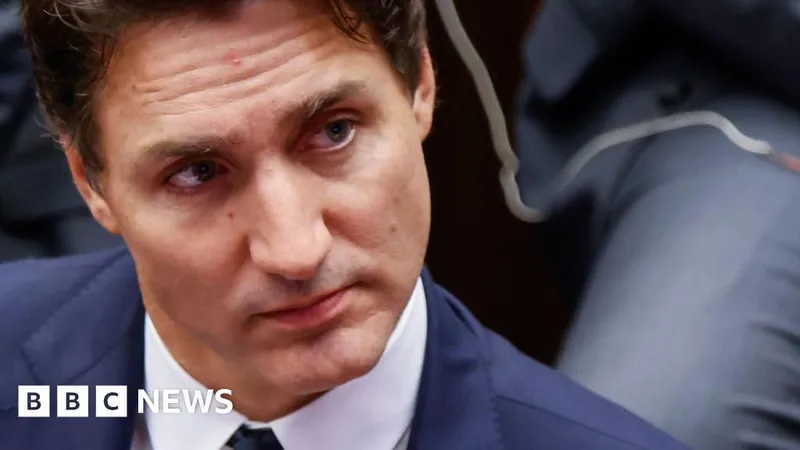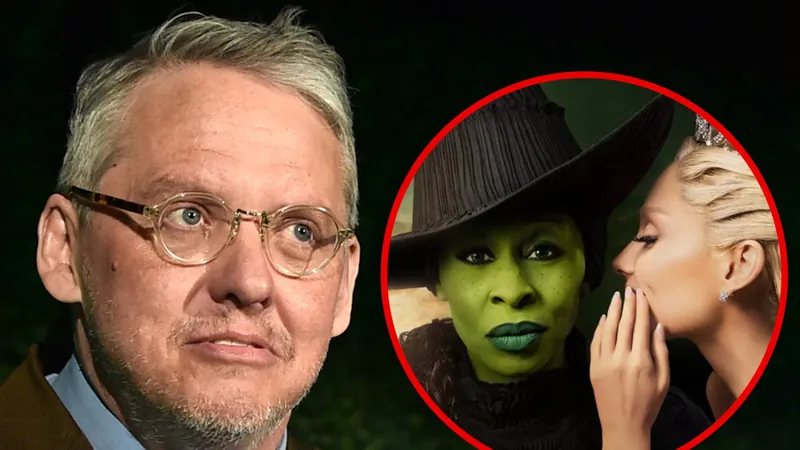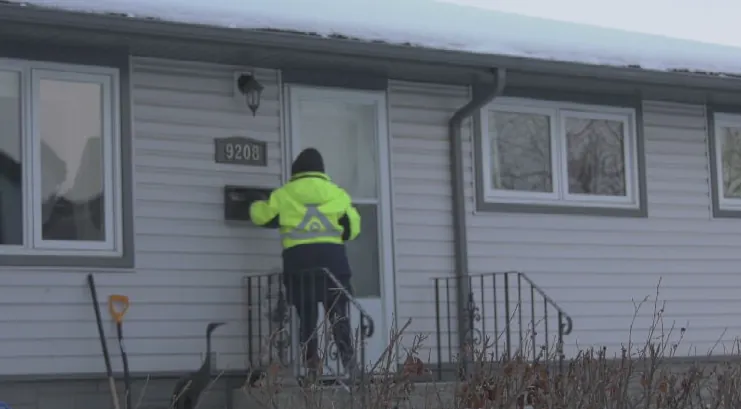
Turbulent Times for Trudeau: Will He Stay or Say Goodbye?
2024-12-21
Author: Benjamin
Turbulent Times for Trudeau: Will He Stay or Say Goodbye?
In what has been described as one of the most challenging weeks of his political career, Canadian Prime Minister Justin Trudeau celebrated the holiday season amid escalating turmoil.
During the Liberal Party's annual festive gathering, Trudeau showcased his political resilience, even after facing a shocking blow with the abrupt resignation of his trusted ally, Finance Minister Chrystia Freeland, just hours before her scheduled economic speech in Parliament. The sudden exit left many wondering how Trudeau would navigate this political storm as discontent brews within his own party.
Despite internal calls for his resignation, Trudeau maintained a defiant front while addressing supporters in a classic dark blue suit, likening his “difficult” week to a family feud. He highlighted the need to be “audacious” and “ambitious” in tough times, subtly attacking his main political rival, Conservative leader Pierre Poilievre. Political analysts noted that his rhetoric resembled a campaign speech, indicating that he is bracing for potential elections that may be on the horizon.
The brewing crisis escalated further when Jagmeet Singh, the leader of the New Democratic Party (NDP), announced plans to introduce a motion to dissolve Trudeau’s government in the upcoming year, threatening the fragile support that had previously allowed the Liberals to govern. An impending election looms, yet Trudeau has given no definitive indication of his intention to step down, reportedly expressing to party members that he would take time over the holiday to reflect on the situation.
Under pressure, Trudeau has a history of defiantly digging in his heels, a trait that has helped him navigate numerous controversies through his nearly decade-long leadership. Often underestimated, Trudeau previously triumphed against the odds, including a majority win in 2015 at the age of 44, despite the skepticism surrounding his experience and leadership style.
Throughout his political journey, Trudeau has demonstrated a remarkable ability to overcome significant challenges, but the current political climate, characterized by dwindling party support and public disapproval, presents an unusual threat. Recent Ipsos polling revealed that approximately two-thirds of Canadians disapprove of his leadership, and only 26% would vote for him as Prime Minister—a stark contrast to Poilievre's rising popularity.
Compounding this pressure, at least 18 Liberal MPs have publicly called for Trudeau's resignation, with some suggesting that up to 50 out of 153 Liberal MPs share this sentiment. This discord within the party has raised fears that continued pressure from within could soon force Trudeau to reconsider his position.
Political analysts suggest that the prime minister's determination to remain in office could be influenced by his perception of Poilievre as a formidable opponent. This tendency to resist resignation echoes the political scenario of outgoing U.S. President Joe Biden, who withdrew his candidacy only after facing intense internal pressure.
As Trudeau navigates this tumultuous period, the significance of how he decides to exit—if he does—will affect his legacy. He has a track record of resilience that could allow him to weather this storm, but with history often taking precedence in Canadian politics, fading popularity and internal dissent could signal a turning point.
The comparisons to his father, former Prime Minister Pierre Trudeau, are profound, particularly the notion of the 'walk in the snow,' a phrase that symbolizes political resignation in Canada. As the holiday season progresses, the political community watches closely: will Justin Trudeau step down, or will he continue to fight in the face of mounting challenges? The answer could redefine his political legacy and the future of the Liberal Party.









 Brasil (PT)
Brasil (PT)
 Canada (EN)
Canada (EN)
 Chile (ES)
Chile (ES)
 España (ES)
España (ES)
 France (FR)
France (FR)
 Hong Kong (EN)
Hong Kong (EN)
 Italia (IT)
Italia (IT)
 日本 (JA)
日本 (JA)
 Magyarország (HU)
Magyarország (HU)
 Norge (NO)
Norge (NO)
 Polska (PL)
Polska (PL)
 Schweiz (DE)
Schweiz (DE)
 Singapore (EN)
Singapore (EN)
 Sverige (SV)
Sverige (SV)
 Suomi (FI)
Suomi (FI)
 Türkiye (TR)
Türkiye (TR)